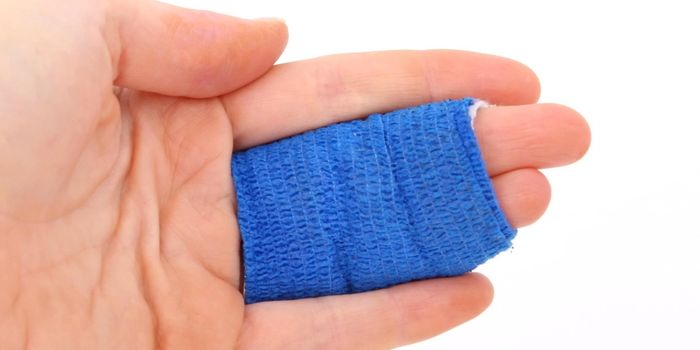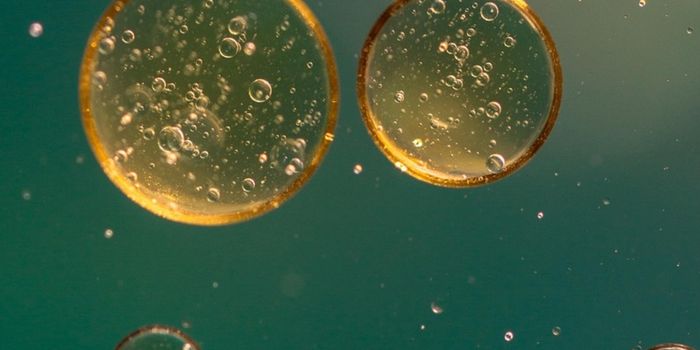Using Imaging to Understand Cancer Growth
Most types of cells in our body have to go through a renewal process in which older or malfunctioning cells are replaced with fresh ones that keep our bodies functioning normally. But when checks on that new growth are lost, it can lead to uncontrolled cell division and the resulting production of many new unwanted cells, as cancer. Researchers have gained new insight into how those controls are lost in cancer cells, leading to tumor growth. This work, by scientists at the Walter and Eliza Hall Institute, may improve cancer therapeutics; it was reported in Cell Cycle.
Healthy cells go through a growth cycle that is split into phases. That was discovered by monitoring and modeling cells as they grew and divided into two new cells. Cell first have to copy all of their genetic material before it can then be distributed evenly between the two new cells. In this research, the scientists learned how the cell cycle is disrupted in cancerous cells.
"We found that compared with healthy immune cells, cancer cells had dramatic changes in their cell cycle," said the study co-leader, Dr. Kim Pham. "The first phase of the cell cycle, called G1, is normally tightly controlled to ensure replication occurs safely. This step is drastically shortened in cancer cells, allowing them to race through the cell cycle at a risky pace."
It had been assumed that the first phase of the cell cycle takes a variable amount of time but that the second phase of the cycle, in which DNA is replicated and the cell divides, requires a set span of time. Researchers from this group began to test that theory a few years ago and showed that in healthy immune cells, both phases can take different times. Now they have examined the same process in cancer cells.
"The old theory predicts that all variation in replication time comes from the first phase of the cell cycle. When we looked closely at the cancer cells, we found that the opposite was true: the bulk of the variation was due to the second phase of the cell cycle," explained Pham.
Pham and Professor Phil Hodgkin and collaborated with Dr. Kelly Rogers and Dr. Lachlan Whitehead of the Institute's Centre for Dynamic Imaging for this work.
"For this study, we tagged cancer cells with a fluorescent sensor that changes color as cells progress through the cell cycle," noted Pham. "We then performed single-cell imaging to track each phase of the cell cycle as they underwent replication," she said.
Whitehead then analyzed and interpreted their imaging data. A new mathematical model was created, which can predict when cells replicate.
"This study demonstrates the power of imaging to directly reveal cellular behaviors, and in some cases challenge assumptions that were made before it was possible to obtain such clear evidence," Whitehead said.
Hodgkin expects this research to influence how we think of cancer. "Accurate mathematical models of how cancer cells replicate help us predict how cancers respond to chemotherapy treatment, and how they evolve to become drug-resistant." Drug development may benefit from the discovery that the first phase of the cell cycle is limited in cancer cells; researchers could exploit that in drug design.
"Cancers have often lost the safety checks that prevent replication in the presence of errors such as DNA damage. Our work suggests the lack of these safety checks leads to the first phase of the cell cycle becoming much shorter in cancer cells. Drugs that help restore these safety checks could be beneficial for treating multiple cancers," Hodgkin added.
Sources: AAAS/Eurekalert! via Walter and Eliza Hall Institute, Cell Cycle









